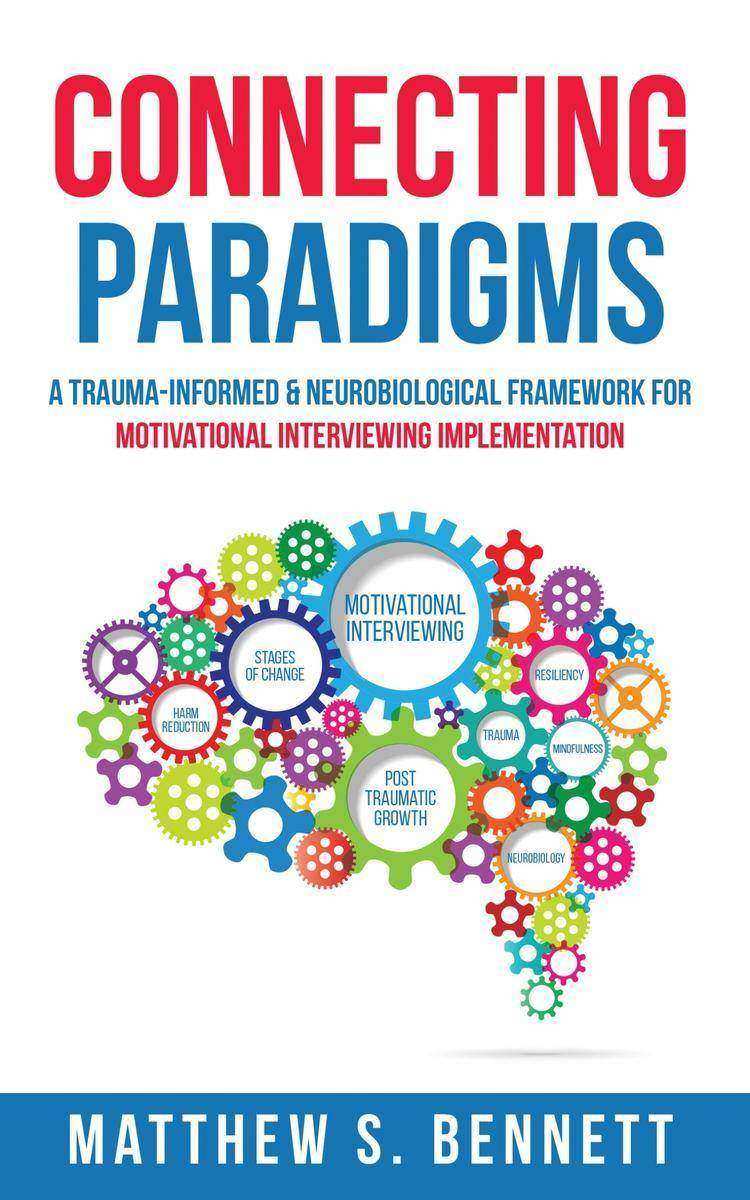
Connecting Paradigms
¥204.29
Connecting Paradigms

The Best Books by Fyodor Dostoyevsky: Bilingual Edition (English - Russian)
¥204.29
The Best Books by Fyodor Dostoyevsky: Bilingual Edition (English - Russian)

How to Get a Spouse Visa for Japan
¥204.29
How to Get a Spouse Visa for Japan
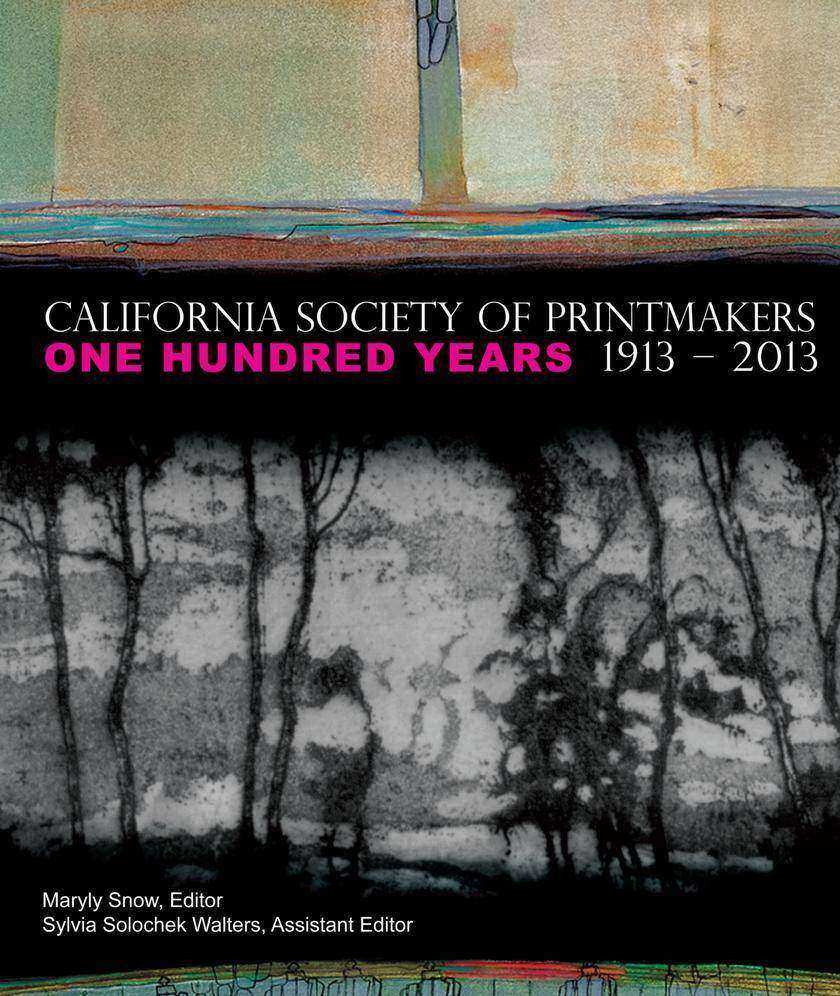
California Society of Printmakers: One Hundred Years, 1913-2013
¥204.29
California Society of Printmakers: One Hundred Years, 1913-2013
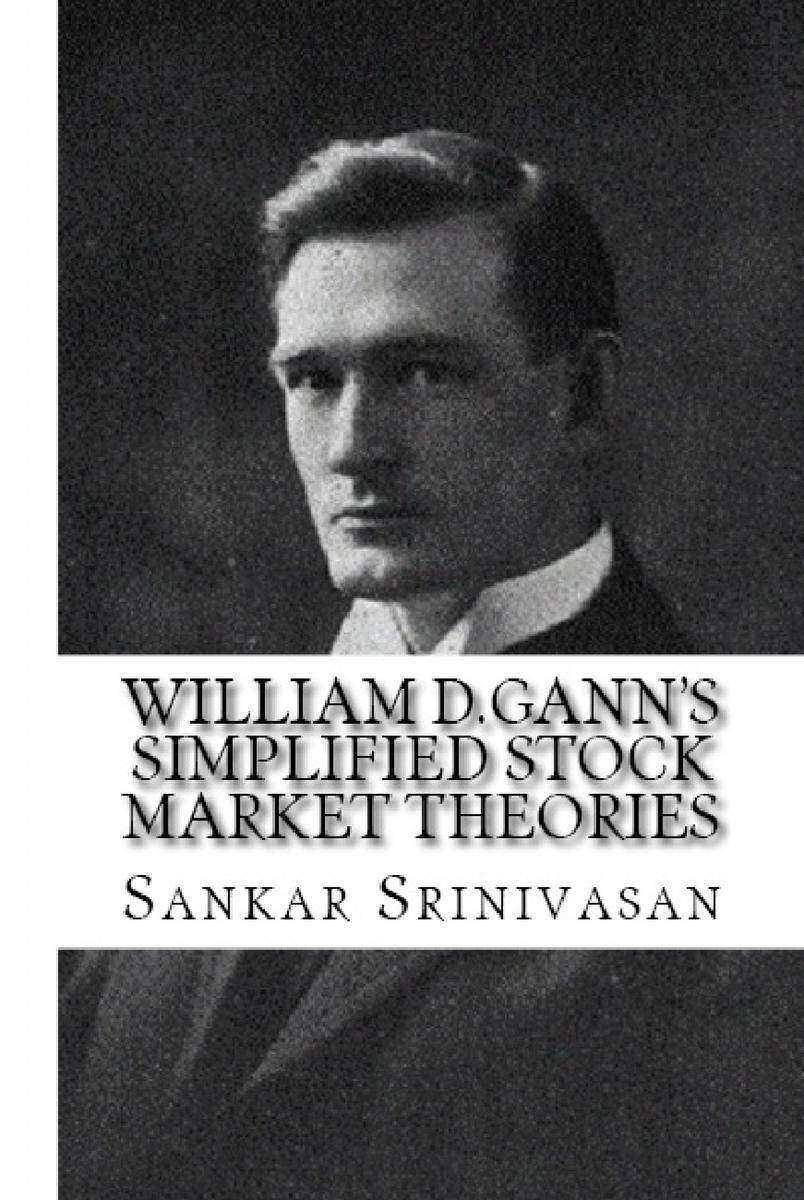
William D. Gann's Simplified Stock Market Theories: Online trading with mathemat
¥203.97
William D. Gann's Simplified Stock Market Theories: Online trading with mathematical calculations
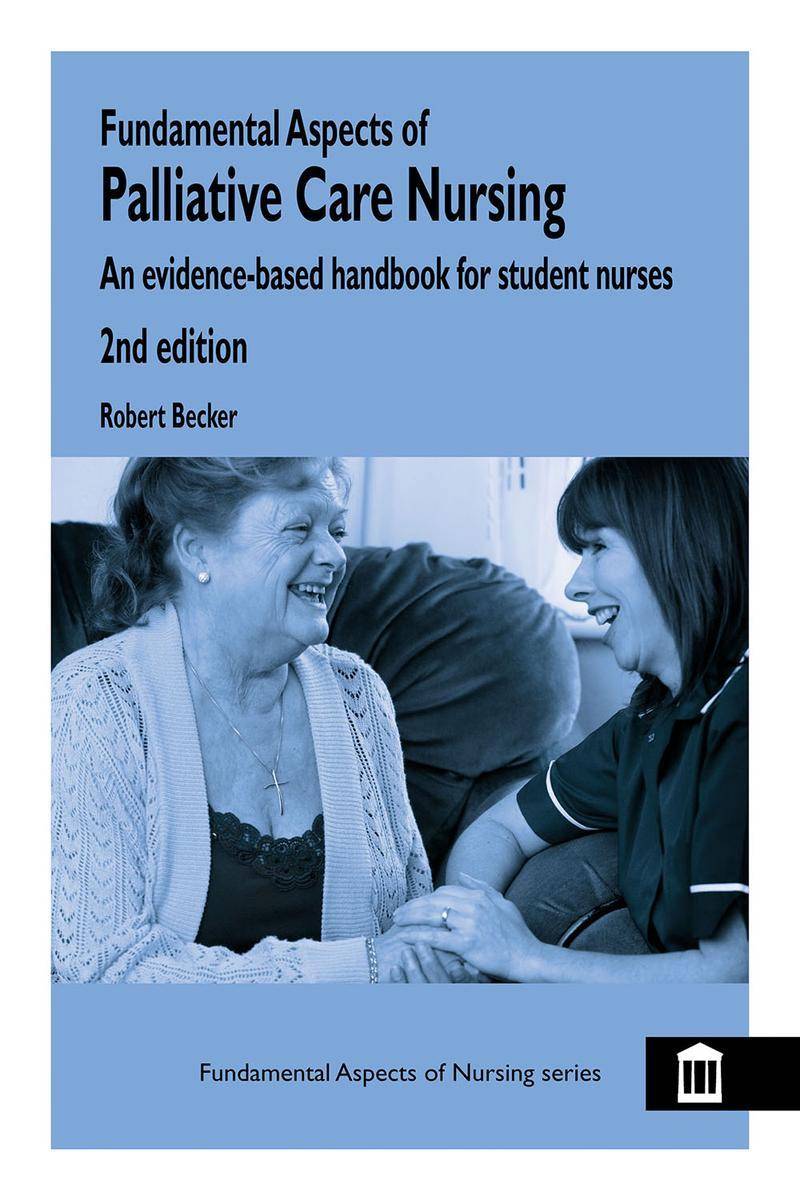
Fundamental Aspects of Palliative Care Nursing 2nd Edition
¥201.01
This new and expanded edition is aimed directly at the learning needs of student nurses and is unique in that context. Whilst there are many high quality books available for academic study in palliative care this is currently the only one that balances a strong educational focus for developing nursing practice with an understanding of the particular needs of student nurses. The text maintains a sensitive and supportive approach to the key themes of palliative care nursing, but contains important new material of a wide range of initiatives that are impacting on end of life care across the UK. It will provide the reader with a concise, easy to read and learning oriented text that will give advice and direction to the many challenges faced in this most important area of patient care. Each chapter examines a key component of care and new features include: Learning outcomes at the start of each chapter to guide the reader Clinical anecdotes to illustrate the reality and complexity of practice Extensive use of recognisable symbols to guide the reader and improve the usability of the text Competency assessment to help gauge knowledge and progress Reflective points to aid professional development Reflective activities to enable the student to reinforce learning from practice Links to appropriate clauses of the current 2008 NMC Code of Professional Conduct Quality internet resources relevant to chapter content Self assessment multiple choice tests at the end of each chapter to consolidate learning An extensive palliative care quiz covering the main topic areas of the book to test knowledge. This can be used as evidence with professional portfolios.

Un, deux, trois! Lower Juniors Years 3-4
¥201.01
This is an essential resource for the non-specialist who needs extra guidance and accessible material. The book will meet the pressing needs of non-specialist KS2 teachers, who are new to teaching French, with an accessible and manageable format. It will work on oracy and literacy skills making the teaching and learning of French enjoyable. It will also provide an exciting insight into France's culture to meet the requirement of intercultural understanding.Includes 24 units each with a lesson plan, activity pages and vocabulary. Suitable for Lower Juniors learners.

Un, deux, trois! Upper Juniors Years 5-6
¥201.01
This is an essential resource for the non-specialist who needs extra guidance and accessible material. It will ensure that children of all levels of ability have the opportunities to both enjoy and achieve in their language learning. It will support the teacher, whatever their level of linguistic competence in French, to teach with confidence. The book will meet the pressing needs of non-specialist KS2 teachers, who are new to teaching French, with an accessible and manageable format. It will work on oracy and literacy skills making the teaching and learning of French enjoyable. It will also provide an exciting insight into France's culture to meet the requirement of intercultural understanding. This book for Upper Juniors (Years 5-6) builds on the teaching of Book 1 (Un, deux, trois! - Lower Juniors) and continues to address three fundamental strands of language teaching: oracy, literacy and intercultural understanding. 48 fully-planned and resourced lesson. Extension activities.

Cupcakes at Carrington’s,Me and Mr Carrington,Christmas at Carrington’s,Ice Crea
¥200.42
The complete Carrington’s series – three novels in one ebook, CUPCAKES, CHRISTMAS and ICE CREAMS, along with a Carrington’s short story! In CUPCAKES, Georgie Hart loves her job running the luxury handbag concession at Carrington's Department store in the pretty seaside town of Mulberry, but is thrown into disarray when Carrington's is plunged into a recession-busting makeover. And when hot newcomer Tom arrives, who may or may not be the best thing since sliced bread, Georgie must decide where her loyalties really lie… ME AND MR CARRINGTON (short story): Georgie Hart can’t believe her luck. After a romantic Italian get-together, Georgie is brought back down to earth with a bump when she returns to work. But when she’s left open-mouthed by a revelation from one of her well-heeled customers, she wonders if she’s done her usual trick of adding two and two together to make five? Every CHRISTMAS, Georgie adores helping customers in the hunt for the perfect gift for the perfect someone. But Tom, the hunky Mr Carrington himself, springs a surprise: Carrington’s is getting a fresh lease of life in a hot new reality TV show, and as the first show airs, Georgie is shown in a far from flattering light. She fears this will be the worst Christmas ever, but Santa still has a little surprise for Georgie’s stocking this year – she’ll just have to wait until Christmas to find out… As summer rolls around in ICE CREAMS, Georgie Hart and Carrington’s Department Store have got the world at their feet and Georgie is in great demand. The town is holding a big summer festival and she and her mates from Carrington’s are planning on making sure that Mulberry puts on the show of its life! But Georgie is about to get the offer of a lifetime – one that is just too good to turn down and something that will test her loyalties to their limits… Will Georgie be able to pull off it off once again, or has her luck finally run out?
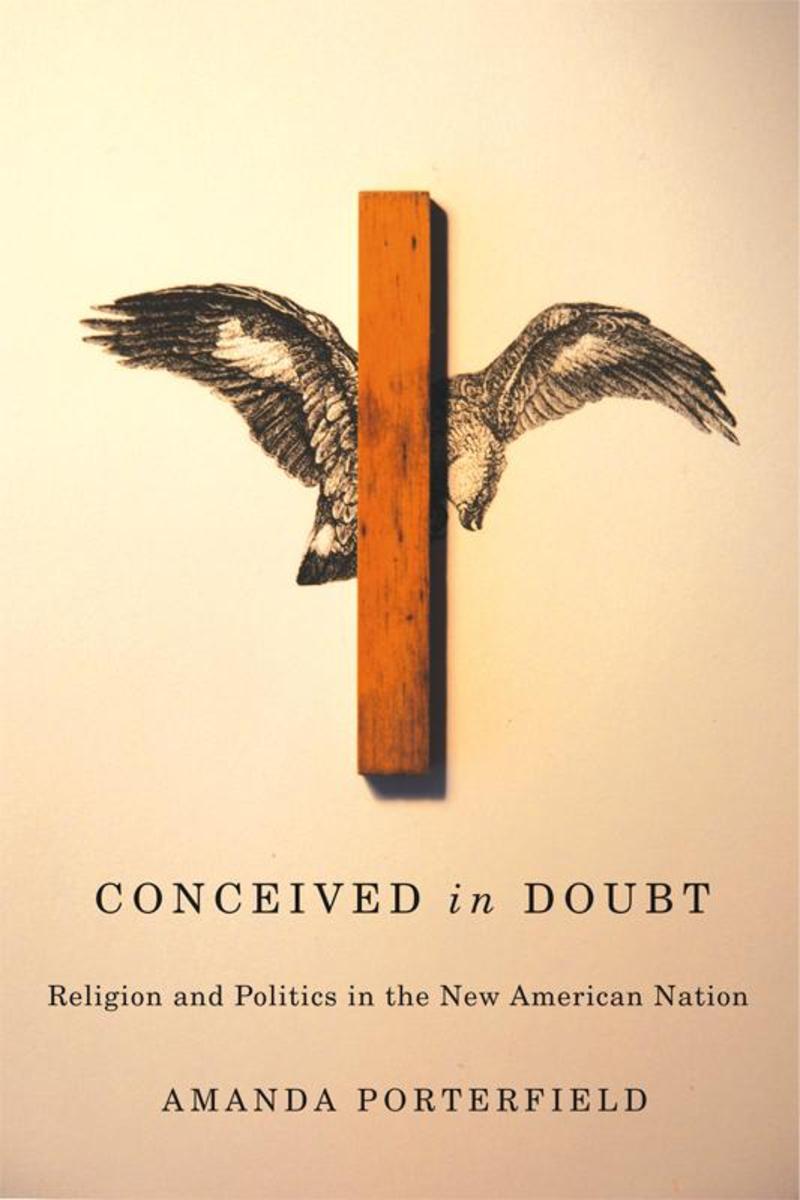
Conceived in Doubt
¥200.12
Americans have long acknowledged a deep connection between evangelical religion and democracy in the early days of the republic. This is a widely accepted narrative that is maintained as a matter of fact and tradition-and in spite of evangelicalism's more authoritarian and reactionary aspects.In Conceived in Doubt, Amanda Porterfield challenges this standard interpretation of evangelicalism's relation to democracy and describes the intertwined relationship between religion and partisan politics that emerged in the formative era of the early republic. In the 1790s, religious doubt became common in the young republic as the culture shifted from mere skepticism toward darker expressions of suspicion and fear. But by the end of that decade, Porterfield shows, economic instability, disruption of traditional forms of community, rampant ambition, and greed for land worked to undermine heady optimism about American political and religious independence. Evangelicals managed and manipulated doubt, reaching out to disenfranchised citizens as well as to those seeking political influence, blaming religious skeptics for immorality and social distress, and demanding affirmation of biblical authority as the foundation of the new American national identity.As the fledgling nation took shape, evangelicals organized aggressively, exploiting the fissures of partisan politics by offering a coherent hierarchy in which God was king and governance righteous. By laying out this narrative, Porterfield demolishes the idea that evangelical growth in the early republic was the cheerful product of enthusiasm for democracy, and she creates for us a very different narrative of influence and ideals in the young republic.
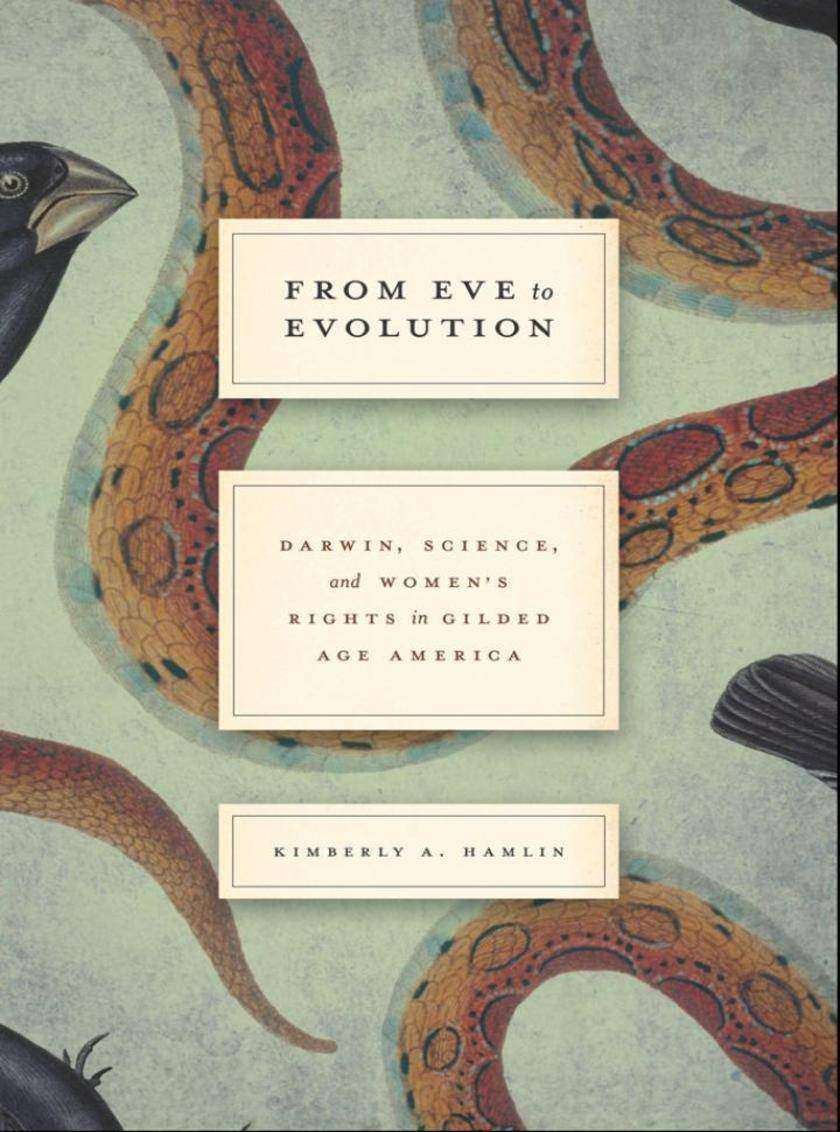
From Eve to Evolution
¥200.12
From Eve to Evolution provides the first full-length study of American women's responses to evolutionary theory and illuminates the role science played in the nineteenth-century women's rights movement. Kimberly A. Hamlin reveals how a number of nineteenth-century women, raised on the idea that Eve's sin forever fixed women's subordinate status, embraced Darwinian evolution-especially sexual selection theory as explained in The Descent of Man-as an alternative to the creation story in Genesis.?Hamlin chronicles the lives and writings of the women who combined their enthusiasm for evolutionary science with their commitment to women's rights, including Antoinette Brown Blackwell, Eliza Burt Gamble, Helen Hamilton Gardener, Charlotte Perkins Gilman, and Elizabeth Cady Stanton. These Darwinian feminists believed evolutionary science proved that women were not inferior to men, that it was natural for mothers to work outside the home, and that women should control reproduction. The practical applications of this evolutionary feminism came to fruition, Hamlin shows, in the early thinking and writing of the American birth control pioneer Margaret Sanger.Much scholarship has been dedicated to analyzing what Darwin and other male evolutionists had to say about women, but very little has been written regarding what women themselves had to say about evolution. From Eve to Evolution adds much-needed female voices to the vast literature on Darwin in America.
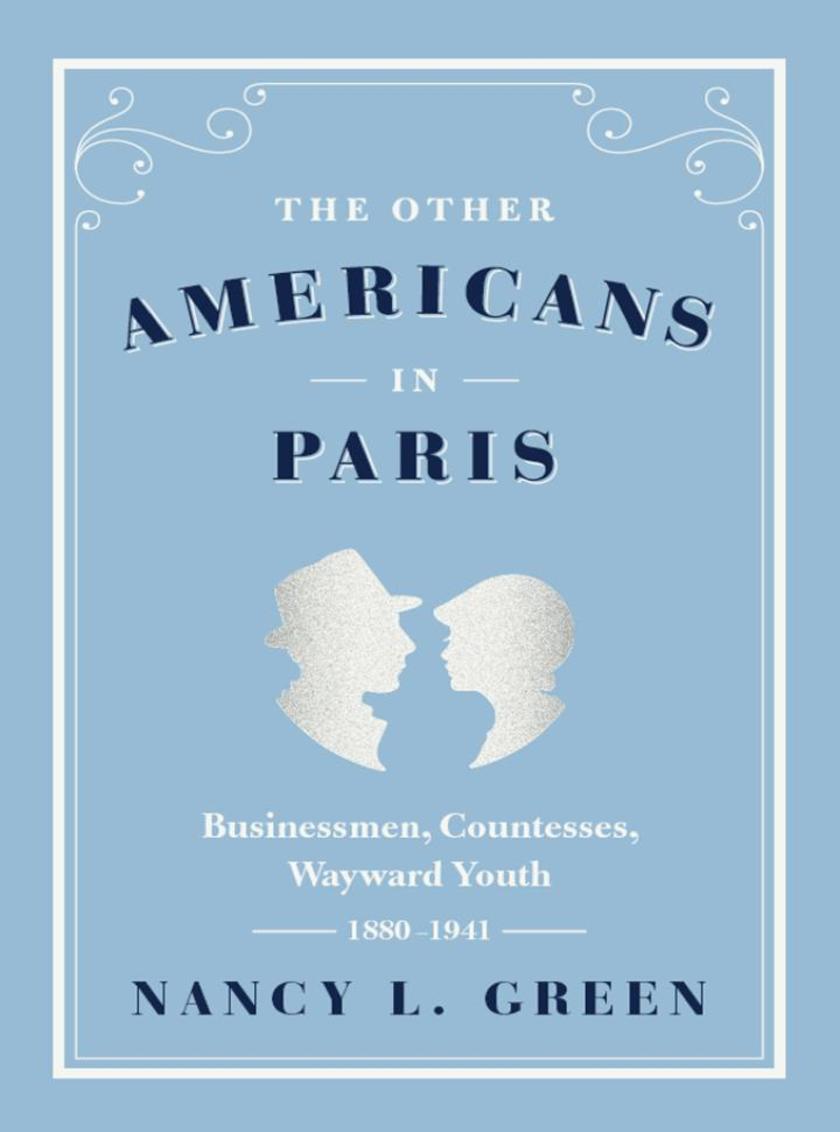
Other Americans in Paris
¥200.12
While Gertrude Stein hosted the literati of the Left Bank, Mrs. Bates-Batcheller, an American socialite and concert singer in Paris, held sumptuous receptions for the Daughters of the American Revolution in her suburban villa. History may remember the American artists, writers, and musicians of the Left Bank best, but the reality is that there were many more American businessmen, socialites, manufacturers' representatives, and lawyers living on the other side of the River Seine.Be they newly minted American countesses married to foreigners with impressive titles or American soldiers who had settled in France after World War I with their French wives, they provide a new view of the notion of expatriates.Nancy L. Green thus introduces us for the first time to a long-forgotten part of the American overseas population-predecessors to today's expats-while exploring the politics of citizenship and the business relationships, love lives, and wealth (and poverty for some) of Americans who staked their claim to the City of Light. The Other Americans in Paris shows that elite migration is a part of migration tout court and that debates over "e;Americanization"e; have deep roots in the twentieth century.

Global Rivalries
¥200.12
As the economies of China, India, and other Asian nations continue to grow, these countries are seeking greater control over the rules that govern international trade. Setting the rules carries with it the power to establish advantage, so it's no surprise that everyone wants a seat at the table-or that negotiations over rules often result in stalemates at meeting of the World Trade Organization.Nowhere is the conflict over rule setting more evident than in the simmering "e;standards wars"e; over the rules that define quality and enable the adjudication of disputes.?In Global Rivalries, Amy A. Quark explores the questions of how rules are made, who makes them, and how they are enforced, using the lens of cotton-a simple commodity that has become a poignant symbol of both the crisis of Western rule making power and the potential for powerful new rivals to supplant it. Quark traces the strategies for influencing rule making processes employed not only by national governments but also by transnational corporations, fiber scientists, and trade associations from around the globe. Quark analyzes the efficacy of their approaches and the implications for more marginal actors in the cotton trade, including producers in West Africa.By placing the current contest within the historical development of the global capitalist system, Global Rivalries highlights a fascinating interaction of politics and economics.
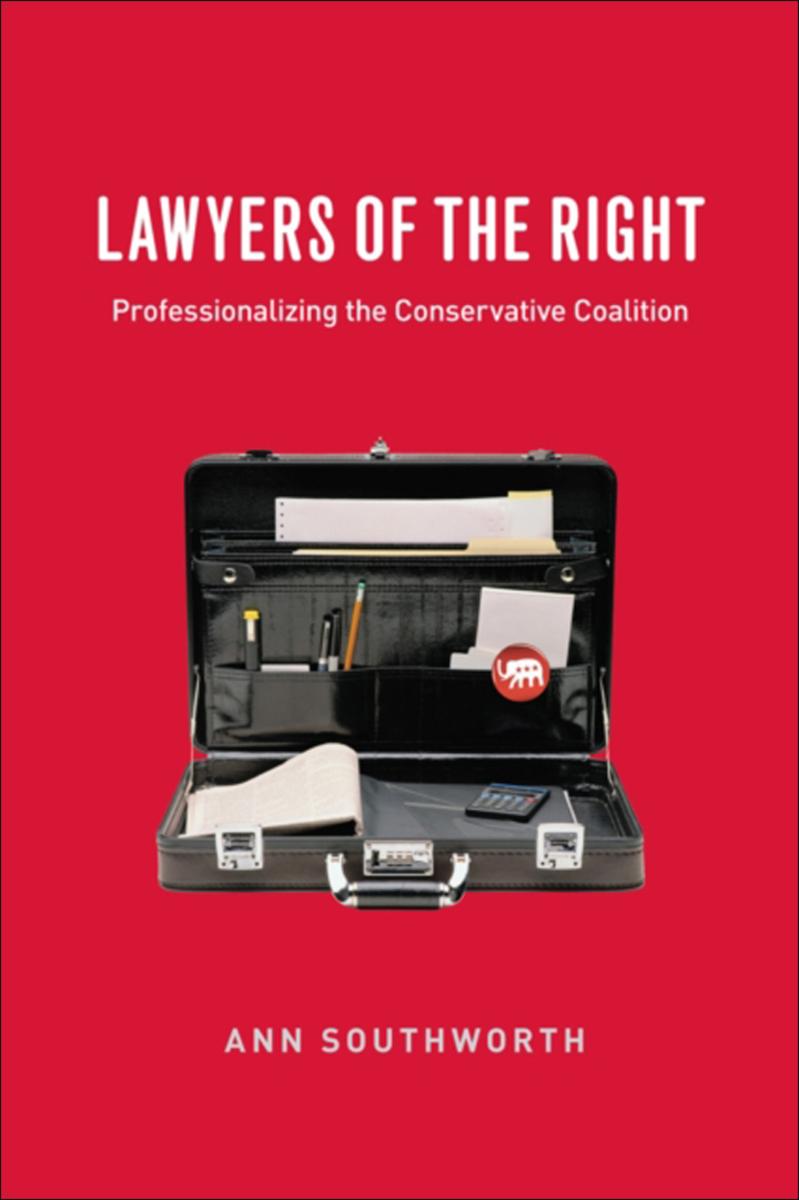
Lawyers of the Right
¥200.12
A timely and multifaceted portrait of the lawyers who serve the diverse constituencies of the conservative movement, Lawyers of the Right explains what unites and divides lawyers for the three major groups-social conservatives, libertarians, and business advocates-that have coalesced in recent decades behind the Republican Party. Drawing on in-depth interviews with more than seventy lawyers who represent conservative and libertarian nonprofit organizations, Ann Southworth explores their values and identities and traces the implications of their shared interest in promoting political strategies that give lawyers leading roles. She goes on to illuminate the function of mediator organizations-such as the Heritage Foundation and the Federalist Society for Law and Public Policy-that have succeeded in promoting cooperation among different factions of conservative lawyers. Such cooperation, she finds, has aided efforts to drive law and the legal profession politically rightward and to give lawyers greater prominence in the conservative movement. Southworth concludes, though, that tensions between the conservative law movement's elite and populist elements may ultimately lead to its undoing.

Wallis's War
¥200.12
Scandalous divorcee. Nazi sympathizer. Style icon. Her Grace the Duchess of Windsor. Such are the many-and many times questionable-monikers of the infamous Wallis Simpson. And with Wallis's War, Kate Auspitz adds another to this list: unwitting heroine.The facts: reviled by the British as a social-climbing seductress even as Time magazine named her its 1936 Woman of the Year, Simpson was the American socialite whose affair with King Edward VIII led him to abdicate the throne on the eve of WWII. In this fanciful novel written in the form of a fictional memoir, Auspitz imagines an alternative history in which Simpson was encouraged by Allied statesmen to remove defeatist, pro-German Edward from the throne, forever altering the course of the war. A comically unreliable narrator who knows more than she realizes, and reveals more than she knows, Simpson leads us from historic treaties and military campaigns to dinner parties and cruises as she describes encounters with everyone from Duff and Diana Cooper to Charles Lindbergh, Coco Chanel, and Hitler-all the while acting as a willing but seemingly oblivious pawn of international intrigue.A rare blend of diplomacy and dalliance, fashion and fascists, this meticulously researched satire offers witty and erudite entertainment and leaves us speculating: who really brought about the abdication and-always-what were they wearing?

The Paradoxes of Integration
¥200.12
Tali Mendelberg and Janelle . In 1999, while at Princeton University, Tali and I started talking about race and social environments. At the time I was writing about how suburban social contexts influence civic participation, and she suggested it might be interesting to examine their impact on racial attitudes. This piqued my interest, and, working together, we published a paper examining how economic and racial contexts shaped whites' racial attitudes. A year later, while at Yale University, Janelle and I began to wonder if these same effects might be evident among minority populations as well. As an undergraduate at UCLA, Janelle had worked as a researcher on the Multi-City Study of Urban Inequality (MCSUI) and told me the data might be a great source for testing some hypotheses about interminority attitudes. Working together, we later published a paper using the Los Angeles portion of the MCSUI study. I am greatly indebted to both Tali and Janelle for helping me first engage this difficult topic and work through many core issues in this analysis.
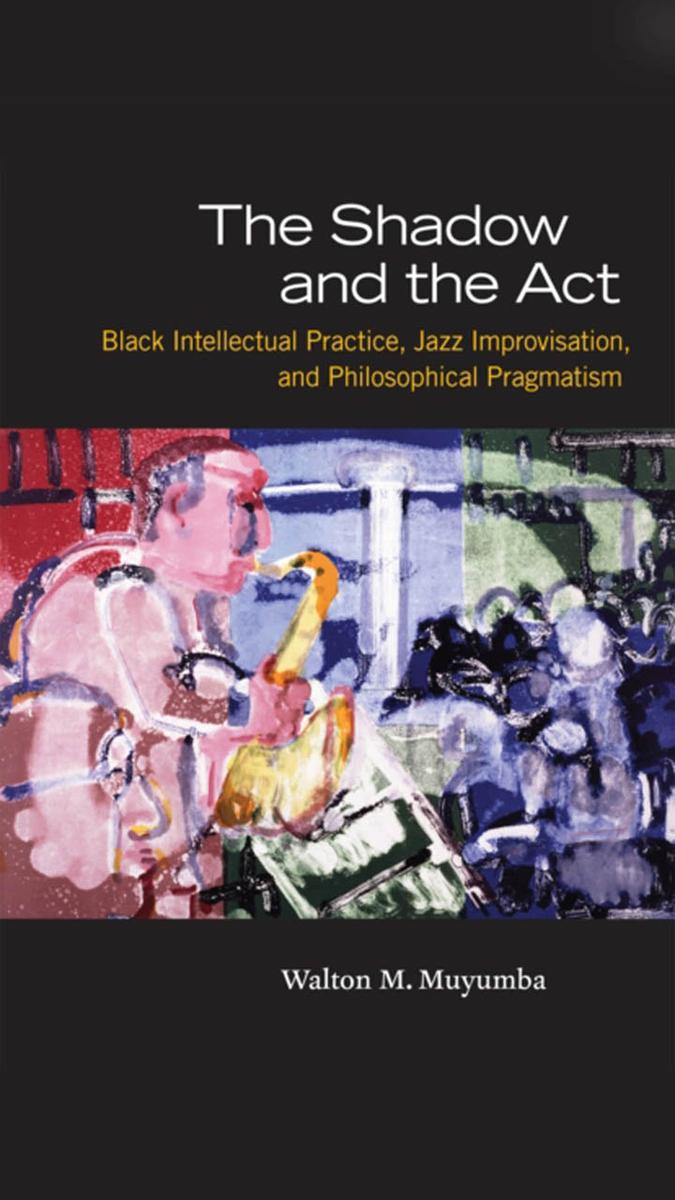
Shadow and the Act
¥200.12
Though often thought of as rivals, Ralph Ellison, James Baldwin, and Amiri Baraka shared a range ofinterests, especially a passion for music. Jazz, in particular, was a decisive influence on their thinking, and, as The Shadow and the Act reveals, they drew on their insights into the creative process of improvisation to analyze race and politics in the civil rights era. In this inspired study, Walton M. Muyumba situates them as a jazz trio, demonstrating how Ellison, Baraka, and Baldwin's individual works form a series of calls and responses with each other.Muyumba connects their writings on jazz to the philosophical tradition of pragmatism, particularly its support for more freedom for individuals and more democratic societies. He examines the way they responded to and elaborated on that lineage, showing how they significantly broadened it by addressing the African American experience, especially its aesthetics. Ultimately, Muyumba contends, the trio enacted pragmatist principles by effectively communicating the social and political benefits of African Americans fully entering society, thereby compelling America to move closer to its democratic ideals.
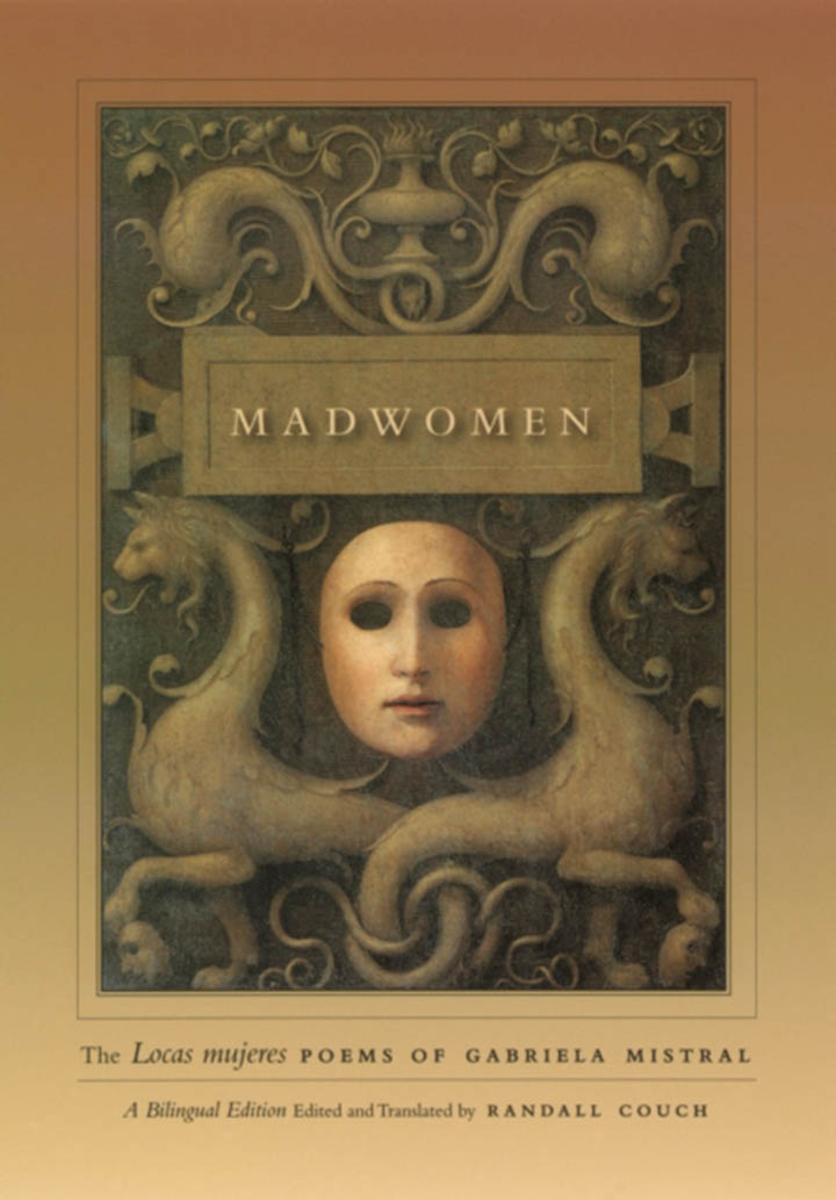
Madwomen
¥200.12
A schoolteacher whose poetry catapulted her to early fame in her native Chile and an international diplomat whose boundary-defying sexuality still challenges scholars, Gabriela Mistral (1889-1957) is one of the most important and enigmatic figures in Latin American literature of the last century. The Locas mujeres poems collected here are among Mistral's most complex and compelling, exploring facets of the self in extremis-poems marked by the wound of blazing catastrophe and its aftermath of mourning. From disquieting humor to balladlike lyricism to folkloric wisdom, these pieces enact a tragic sense of life, depicting "e;madwomen"e; who are anything but mad. Strong and intensely human, Mistral's poetic women confront impossible situations to which no sane response exists. This groundbreaking collection presents poems from Mistral's final published volume as well as new editions of posthumous work, featuring the first English-language appearance of many essential poems. Madwomen promises to reveal a profound poet to a new generation of Anglophone readers while reacquainting Spanish readers with a stranger, more complicated "e;madwoman"e; than most have ever known.
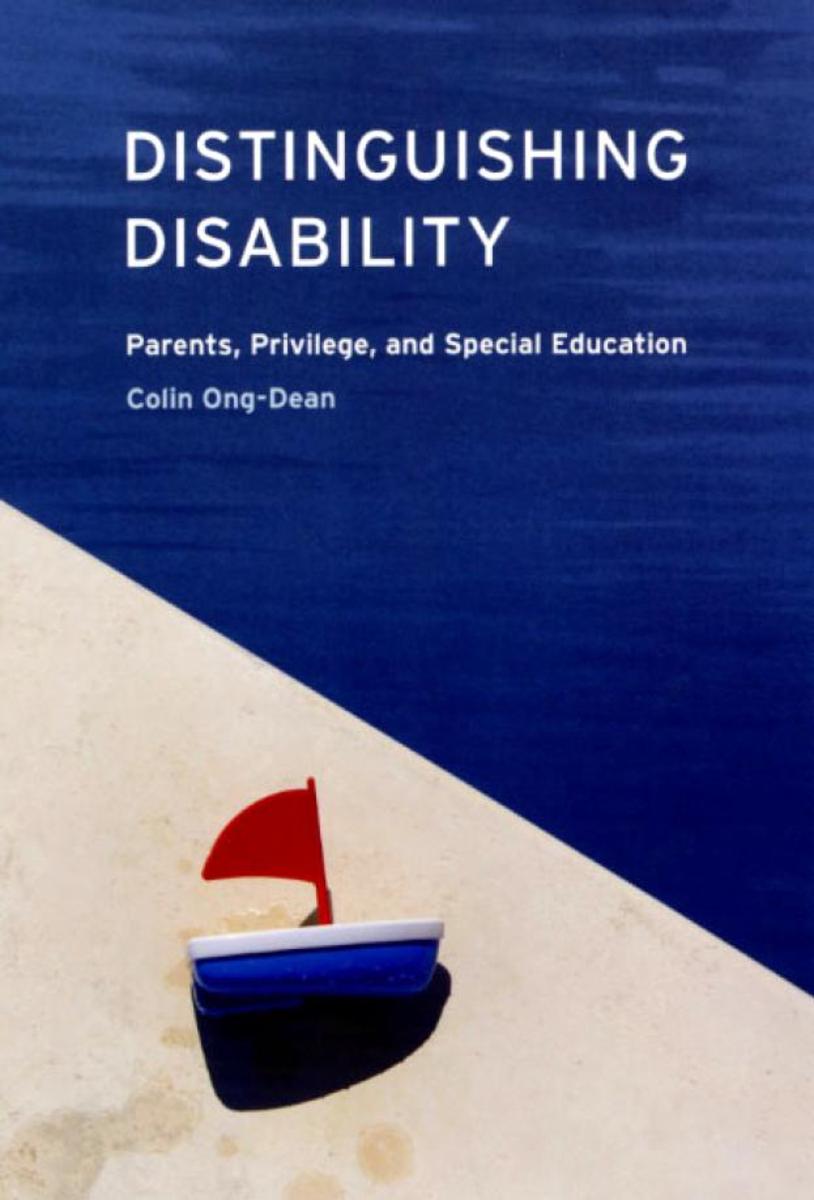
Distinguishing Disability
¥200.12
Students in special education programs can have widely divergent experiences. For some, special education amounts to a dumping ground where schools unload their problem students, while for others, it provides access to services and accommodations that drastically improve chances of succeeding in school and beyond. Distinguishing Disability argues that this inequity in treatment is directly linked to the disparity in resources possessed by the students' parents.Since the mid-1970s, federal law has empowered parents of public school children to intervene in virtually every aspect of the decision making involved in special education. However, Colin Ong-Dean reveals that this power is generally available only to those parents with the money, educational background, and confidence needed to make effective claims about their children's disabilities and related needs. Ong-Dean documents this class divide by examining a wealth of evidence, including historic rates of learning disability diagnosis, court decisions, and advice literature for parents of disabled children. In an era of expanding special education enrollment, Distinguishing Disability is a timely analysis of the way this expansion has created new kinds of inequality.
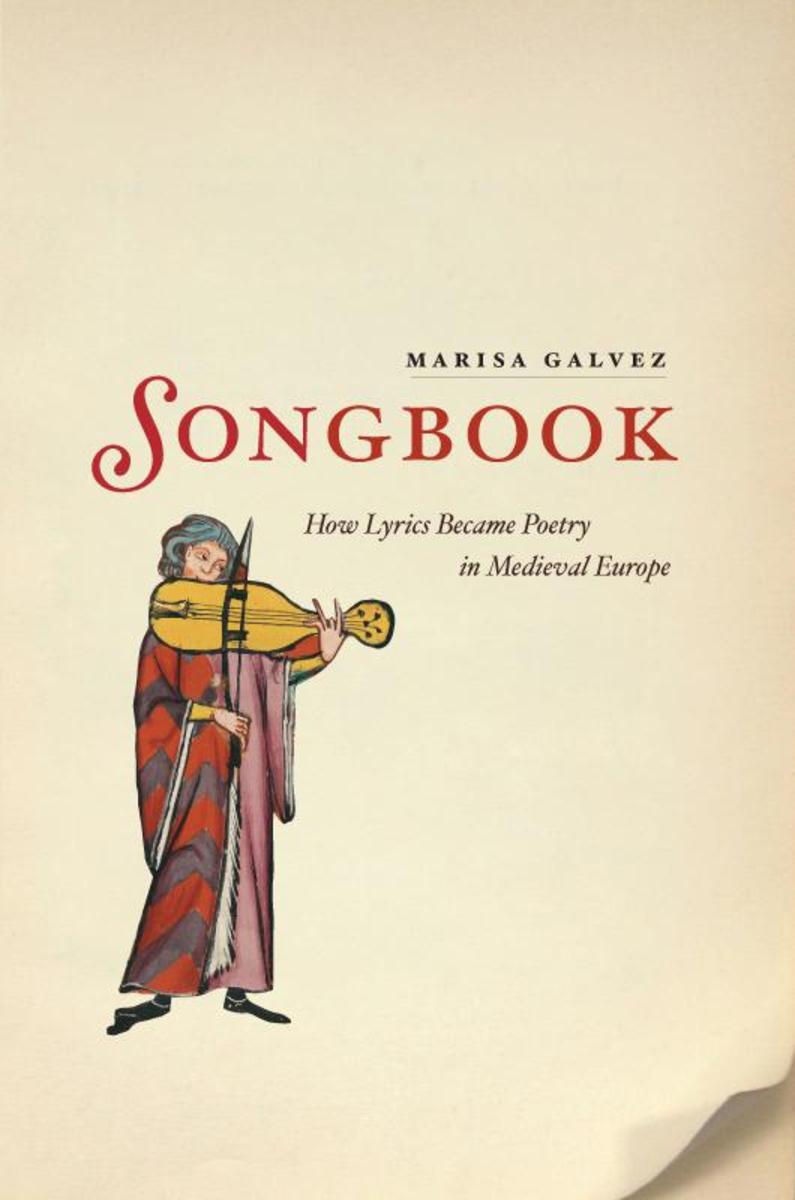
Songbook
¥200.12
Today we usually think of a book of poems as composed by a poet, rather than assembled or adapted by a network of poets and readers.?But the earliest European vernacular poetries challenge these assumptions. Medieval songbooks remind us how lyric poetry was once communally produced and received-a collaboration of artists, performers, live audiences, and readers stretching across languages and societies.The only comparative study of its kind, Songbook treats what poetry was before the emergence of the modern category "e;poetry"e;: that is, how vernacular songbooks of the thirteenth to fifteenth centuries shaped our modern understanding of poetry by establishing expectations of what is a poem, what is a poet, and what is lyric poetry itself. Marisa Galvez analyzes the?seminal songbooks representing the vernacular traditions of Occitan, Middle High German, and Castilian, and tracks the process by which the songbook emerged from the original performance contexts of oral publication, into a medium for preservation, and, finally, into an established literary object. Galvez reveals that songbooks-in ways that resonate with our modern practice of curated archives and playlists-contain lyric, music, images, and other nonlyric texts selected and ordered to reflect the local values and preferences of their readers. At a time when medievalists are reassessing the historical foundations of their field and especially the national literary canons established in the nineteenth century, a new examination of the songbook's role in several vernacular traditions is more relevant than ever.
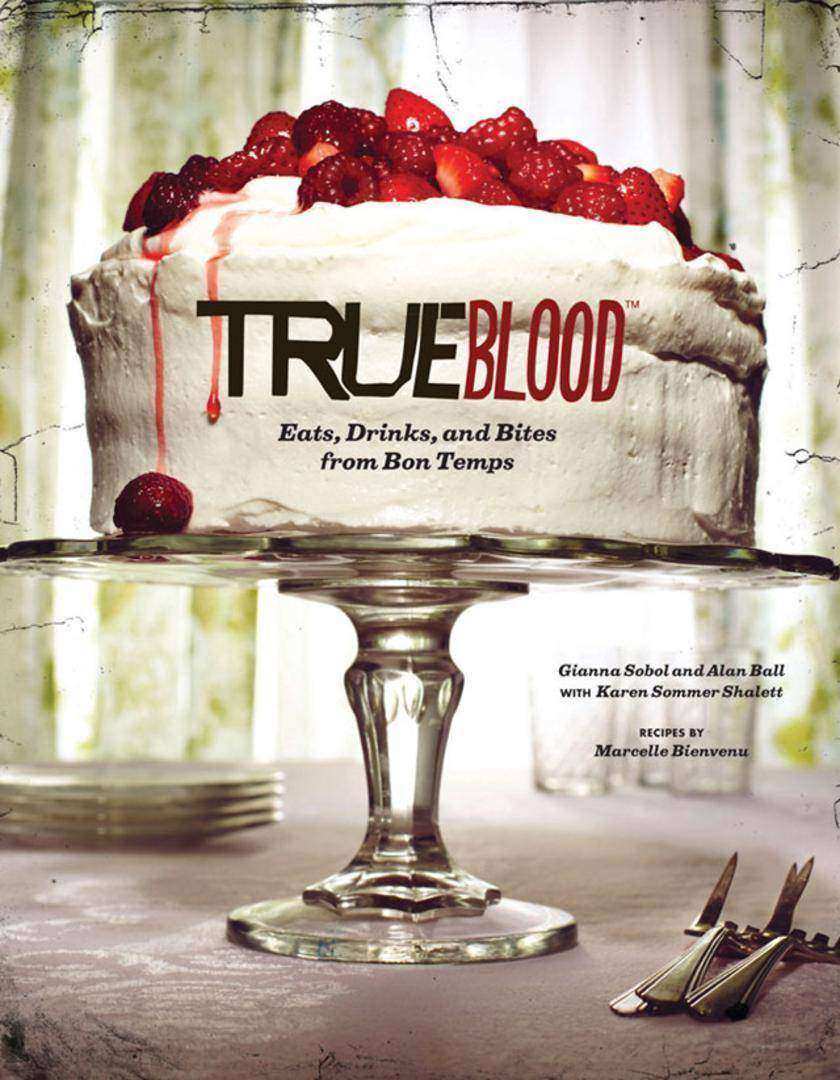
True Blood: Eats, Drinks, and Bites from Bon Temps
¥200.03
True Blood, HBO's blockbuster paranormal drama, enthralls a diverse audience of 13 million viewers (and counting). Menus at the now famous Fangtasia and Merlotte's Bar and Grill play a key role in the series, providing sustenance for its human characters, evoking memories of a bygone life for its vampires, and serving as a powerful symbol for the desires and carnal needs the characters harbor. It's no wonder so many fans revel in at home parties inspired by the food on the series! With recipes from unforgettable scenes, each entertainingly introduced by True Blood's most compelling characters, these 85 authentic bayou country recipes and 150 plus photos from the series give fans a big taste of Bon Temps.




 购物车
购物车 个人中心
个人中心



